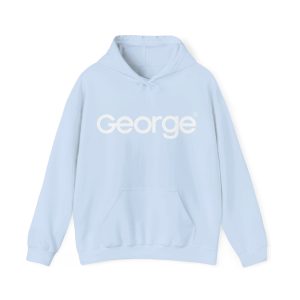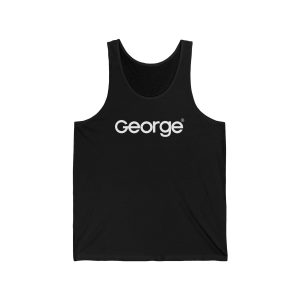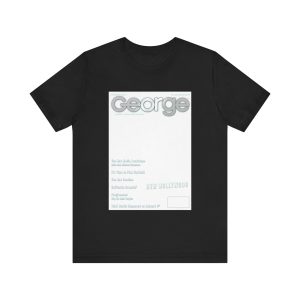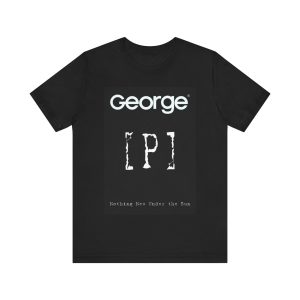

The case involves a challenge to federal limits on how much political parties can spend in coordination with candidates.
The Supreme Court agreed to hear a major challenge to longstanding limits on how much political parties can spend in coordination with federal candidates.
Such limits on coordinated spending were established under a 1974 law enacted in the wake of the Watergate scandal and restrict party committees from coordinating with a candidate to spend money on campaign advertising.
In November 2022, Vice President JD Vance, who was then an Ohio senator, and Steve Chabot, an Ohio congressman at the time, sued, arguing that the limits violated the First Amendment. They were joined by the National Republican Senatorial Committee and the National Republican Congressional Committee.
“A political party exists to get its candidates elected,” lawyers for the National Republican Senatorial Committee and other challengers wrote in their brief asking the court to take the case. “Yet Congress has severely restricted how much parties can spend on their own campaign advertising if done in cooperation with those very candidates.”
The case could dramatically reshape how campaigns are funded and the relationship between the parties and their candidates for office.
The challengers pointed to a decision by the U.S. Court of Appeals for the Sixth Circuit, which had rejected the suit. It cited a 2001 decision by the Supreme Court, Federal Election Commission v. Colorado Republican Federal Campaign Committee, that found that limits on coordinated spending were justified. Without such limits, the majority reasoned, wealthy donors could circumvent limits on contributions to individual candidates by simply routing money to political parties instead.
In the decision, Chief Judge Jeffrey S. Sutton wrote that the appeals court would uphold the limits based on the 2001 Supreme Court case, but agreed that “coordinated party expenditure limits” stood in tension with recent First Amendment doctrine.
That landmark 2001 decision stemmed from a dispute between the Federal Election Commission and the Colorado Republican Party, which argued that limits on coordinated spending infringed on its right to unfettered political speech.
Under the Trump administration, the election commission has sided with the challengers, filing a brief to say that it agrees that such restrictions violate the First Amendment.
The Democratic National Committee, which filed a motion to intervene in the case, has indicated it will defend the campaign finance restrictions before the court.
“The Republican Party has spent decades trying to eliminate statutory limits on political party expenditures that are coordinated with candidates’ campaigns,” lawyers for the D.N.C. wrote a brief to the court.
According to the Federal Election Commission, the current limits, which vary depending on each state’s voting age population, can be as much as $3.9 million for Senate candidates and as much as $127,200 for House candidates in states with only one representative. For House candidates in other states, the limit is $63,600.



